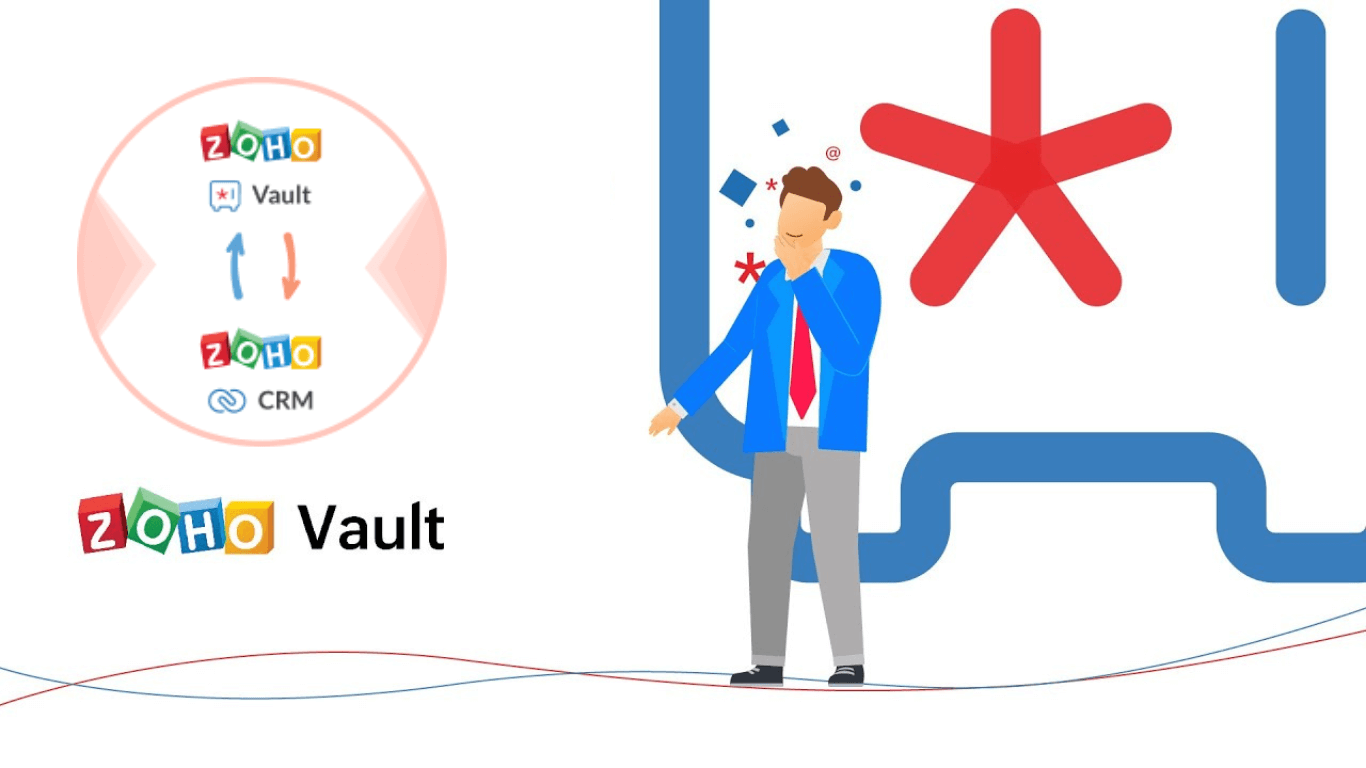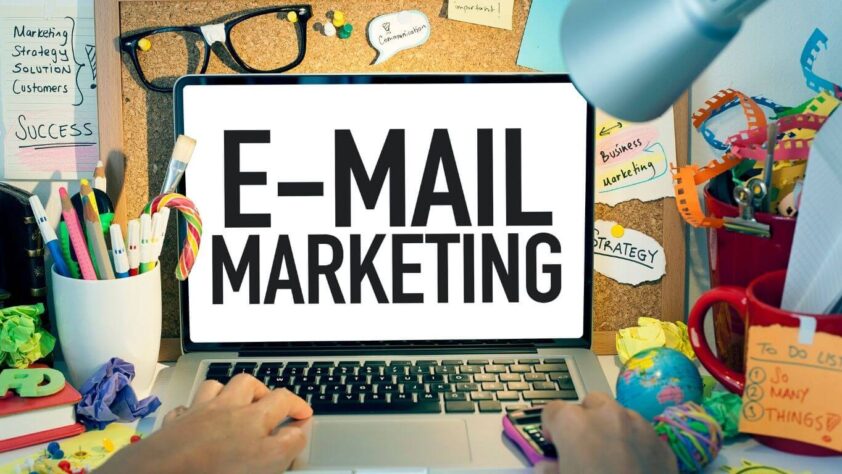CRM plays a pivotal role in keeping the records of the vast information of the clients, even if that includes a piece of sensitive information like a password. CRM (i.e. Zoho CRM) accelerates your workflow and manages them on a priority basis to make concentrating on the other essential aspects of the business easier.
However, sharing documents or passwords or any other secretive information needs an establishment of trust and transparency. And, they will share their valuable information only if they find your way of requiring a password reliable and through ample authentication. Let’s see how to keep that faith intact and share sensitive information without risking a data breach.
How do you share sensitive information with the clients safely
Clients are more likely to respond and help you with their passwords once they find your way of managing and storing the data super protective. As a CRM user, you may ask permission to access your clients’ personal social media account website or financial domain; it will be much harder for the clients to reveal their secrets via any other medium.
To ease the clients’ anxiety, you should follow the below steps to prevent data breaches:
Use Zoho Integrations:
File sharing from Zoho CRM doesn’t have to be perplexed. Zoho already has an extension for easy file sharing without risking data exposure to third parties. However, this has limitations and is often intricate to use.
To share sensitive data like passwords with your clients, you can use SaasPlugin’s Zoho Vault integration for Zoho CRM. The two-factor authentication system embedded with 256-encryption makes the clients feel relieved in sharing their secretive messages.
Use Encryption:
Data encryption before sending through email can be an alternative. However, it requires technical knowledge and does not offer 360-degree protection against hackers. In fact, email texts can be read as the sending process simply occurs from one server to another. And if you encrypt the attachment, the service provider may delete it for safety purposes as they cannot verify it. The best way is to use a safe gateway. Encrypt your message before sending it and wish it doesn’t land in scammers’ hands.
Limit the Access:
Allowing mass access often puts your files in danger. For example, when sharing any confidential information through Google Docs, sharing the file with “Anyone with the link” will allow everyone to access the file. If you are not careful enough, it can be transferred outside of your organisation, and eventually, it will open the door for scammers. Therefore, limit the number of people who can access your files. It’s better to use a gateway that involves only you and your clients so that the secret stays in a close circle.
If you’re thinking of hiring an SEO Analyst & Lead Generation Expert for your business, then you can contact me or call on +1 (872) 588-7528.
Questions? Contact me for a Free SEO Audit or schedule a FREE 1-hour consultation.
Why do Businesses Need a Secure File Sharing System?
Clients need a secure form they find comfortable sharing or passing their information on. However, most CRMs – handling many employees even within the organisation – find it hard to tackle.
Why?
Well, if you are the main person in charge of the company using the CRM numerous times, you better take the precaution to handle and tackle the business, social, or other relevant finance accounts. Since the other employees within the company have access to the CRM, storing the personal data may get leaked, which may instigate confusion and disbelief within the organisation and among clients.
Few security issues could arise from the above perspective;
Onset Misconception:
Data that was supposed to be handled swiftly and securely by you can be decrypted by hackers online. This leads to immediate distrust from the clients of your company.
Face Criticism:
Any wrong turn can destroy the good image of the clients, whereby the clients can face a severe injunction from the court or police.
Filing Penalty:
Not only will your previously-trusted clients opt out of your service owing to a lack of trust, but also they will sue you with a penalty of up to 4% of your annual turnover as per GDPR law, especially if you were serving the EU clients in particular.
Considering all the critical aspects that have been highlighted here, in all likelihood, you need a CRM extension to successfully manage the clients’ passwords, and that too with safety.
So, the Verdict?
Malware attacks and online theft are increasing daily; experts detect roughly 560,000 new malware every day. So, the risk of getting exposed is high. And it causes financial penalties, a bad reputation in business, and sometimes, loss of a lifetime. Although data encryption and cross-checking the gateways reduce the risk of a data breach, it doesn’t offer full protection. Considering the protective nature, the Zoho vault extension is the best choice for sharing passwords and sensitive information. With advanced encryption and top-notch security features, this plugin developed by SaasPlugin keeps the data transfer process more secure than ever.


